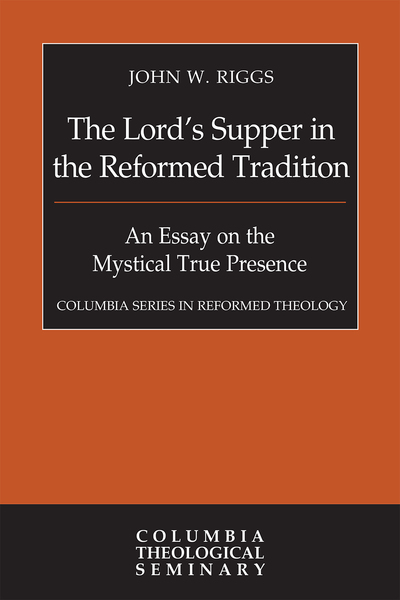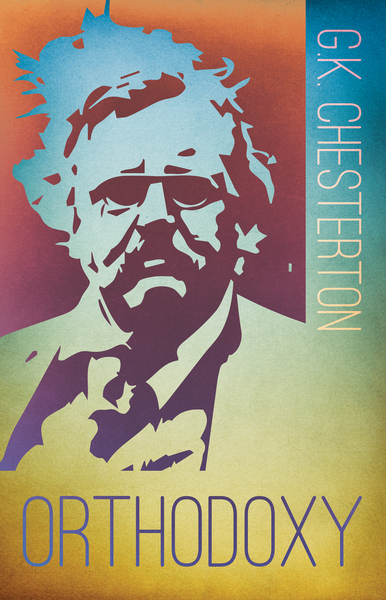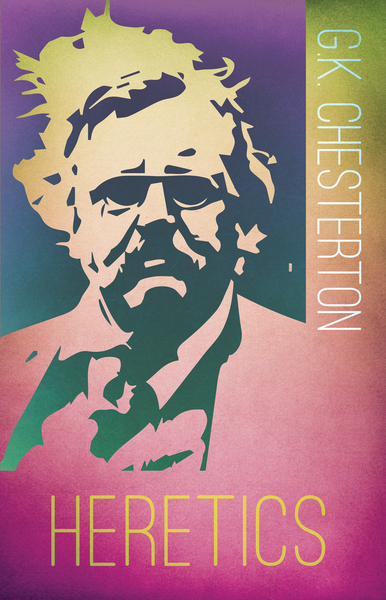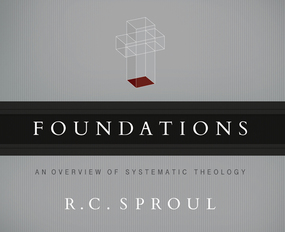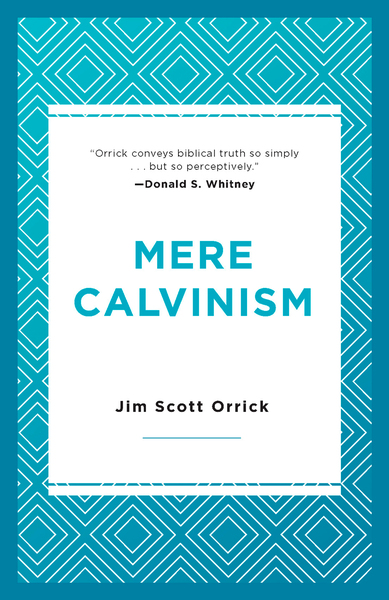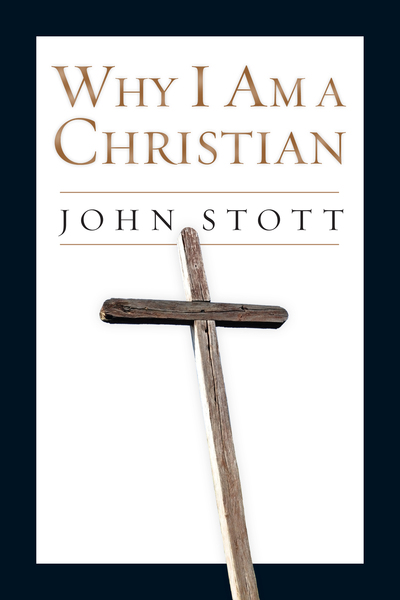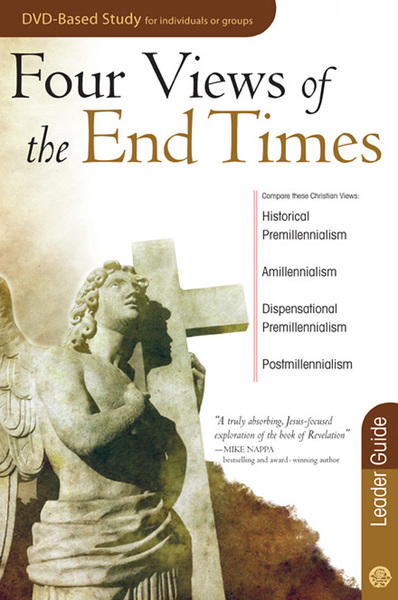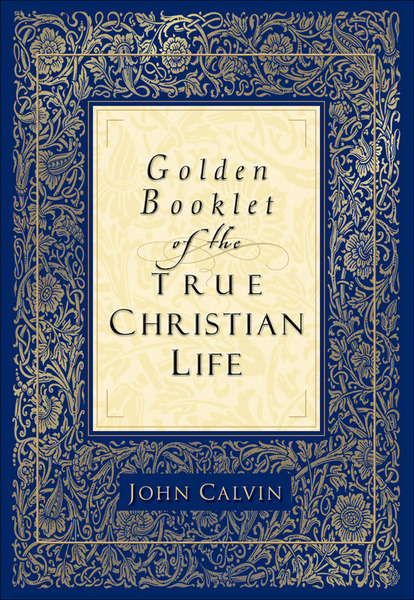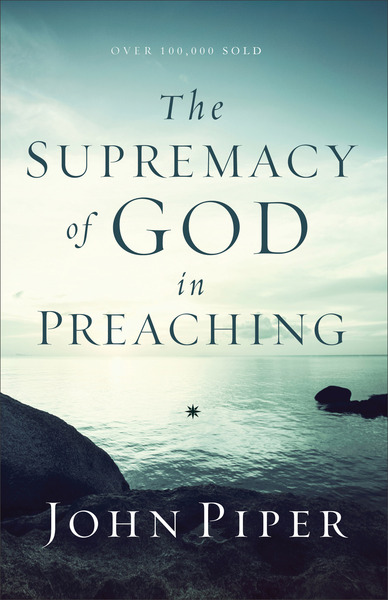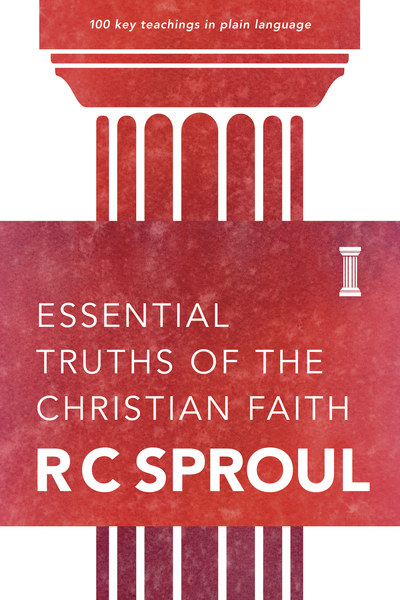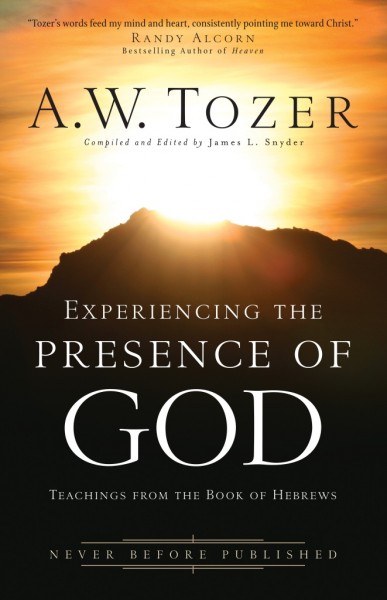Olive Tree Account
Olive Tree Account


Forgot Password
Enter the email address associated with your Olive Tree account to reset your password

Available for:
iPad, iPhone, Android, Mac, and Windows.
Features
Click on a feature to learn more.
Did your resource mention a passage of Scripture, but you can't remember what the verse says? Never fear! Tap the linked verse and a pop-up window will appear, giving you quick and easy access to the verse in context.

Available for:
iPad, iPhone, Android, Mac, and Windows.
Features
Click on a feature to learn more.
Did your resource mention a passage of Scripture, but you can't remember what the verse says? Never fear! Tap the linked verse and a pop-up window will appear, giving you quick and easy access to the verse in context.
Description
In recent philosophy, theology, and critical theory, postmodern thought has been much criticized on specifically ethical and political grounds. In particular, it has been argued that postmodernism has induced passivity and is impotent in the face of the challenges presented by the hegemonic global market. In response numerous thinkers have called for the "return of the metanarrative" or have insisted on the necessity of the domain of the "universal." In this book, Gavin Hyman accepts the diagnosis, while contesting the cure. Through detailed engagements with the work of Alain Badiou, Slavoj Žižek, and John Milbank--as well as discussions of the work of Simon Critchley, Michael Hardt, and Antonio Negri--Hyman argues that many contemporary thinkers merely invert the problems intrinsic to postmodernism and therefore do not effectively escape them. He argues that the ethical and political are best preserved and perpetuated through the negotiating of an ongoing tension between the domains of the universal, the particular, and the singular. To proceed thus would be to traverse the terrain of the middle--ethically, politically, and religiously.
Available for:
iPad, iPhone, Android, Mac, and Windows.
You might also like…
You might also like…
